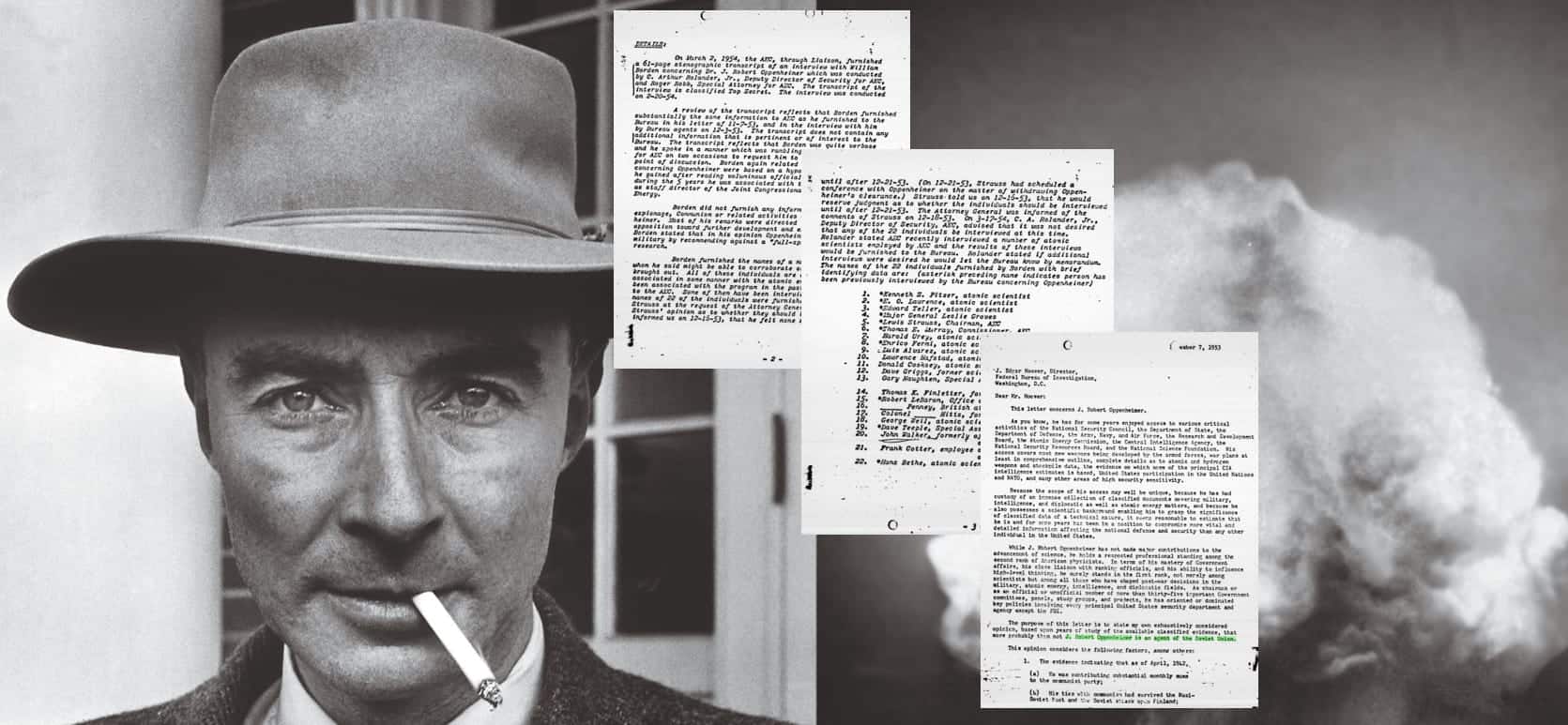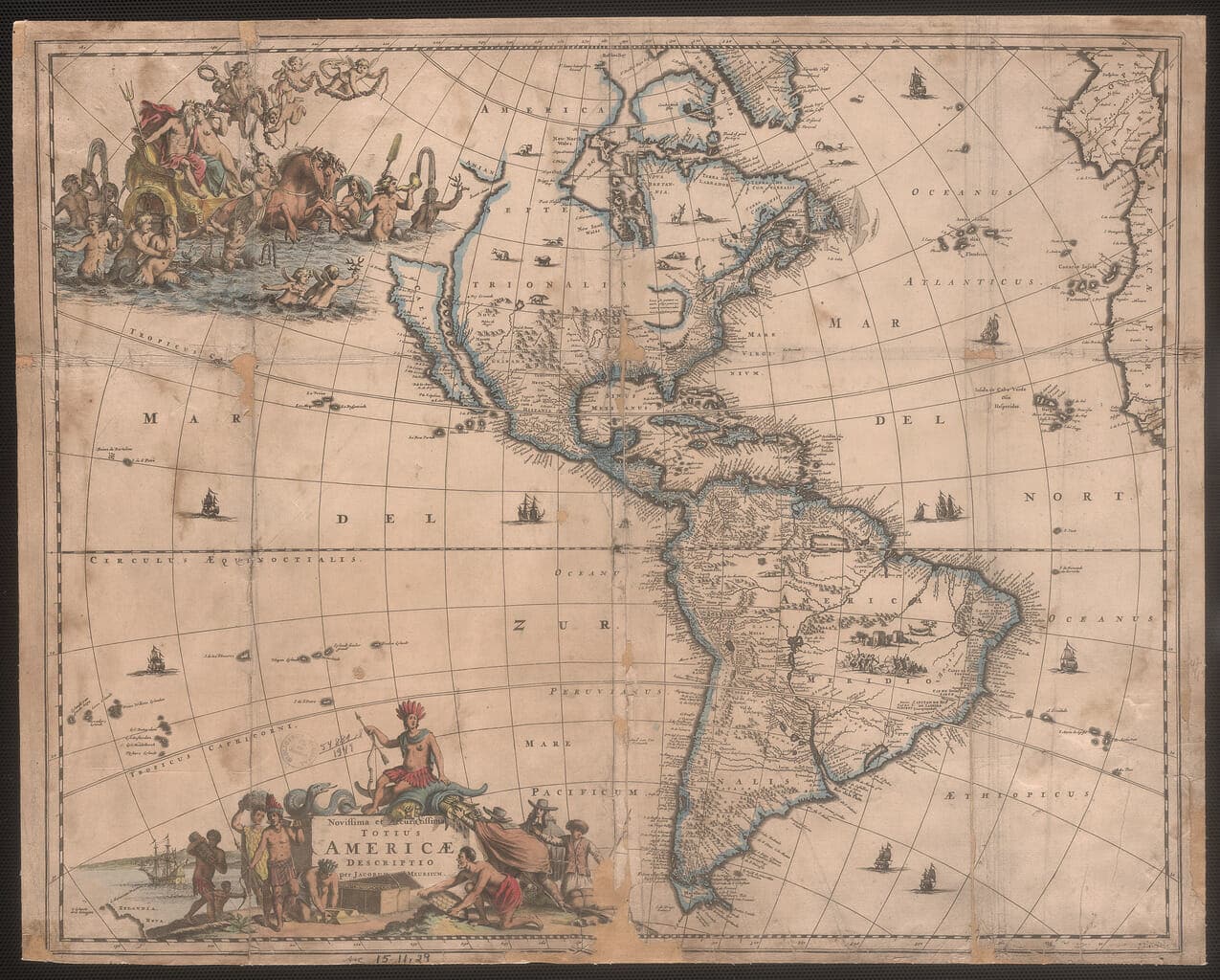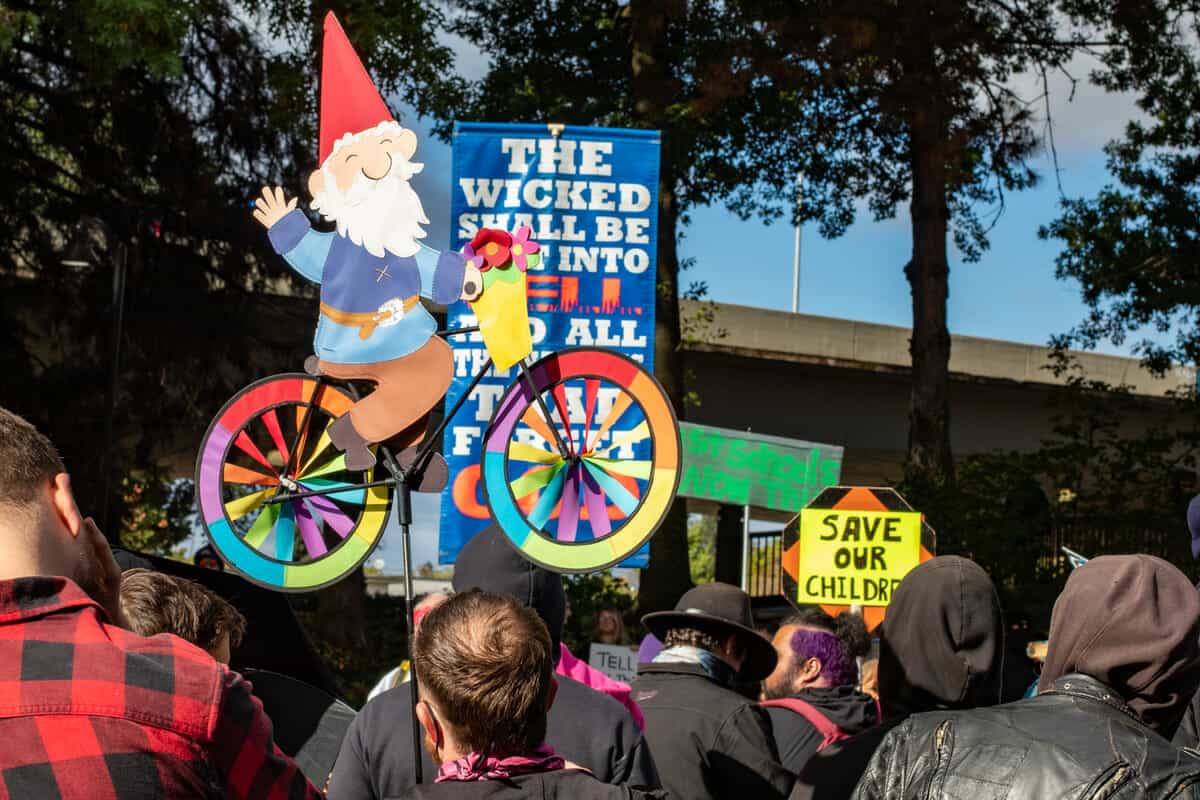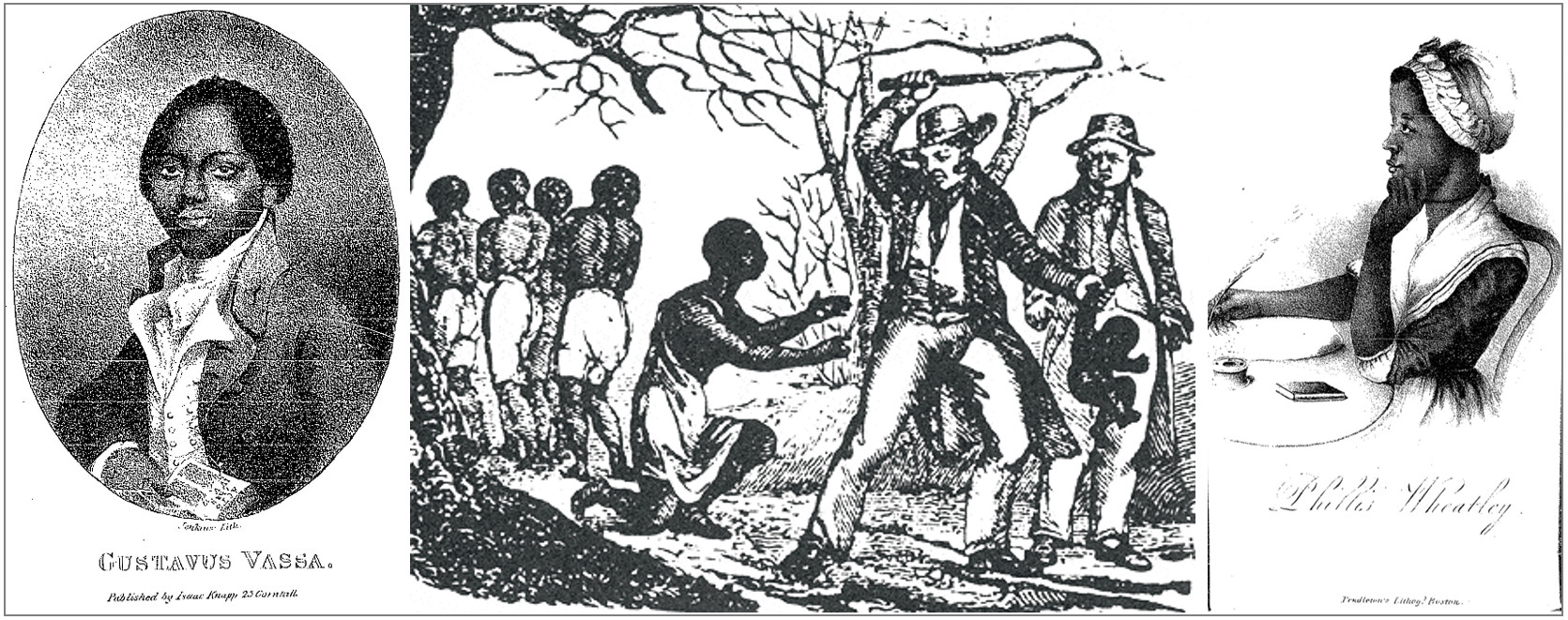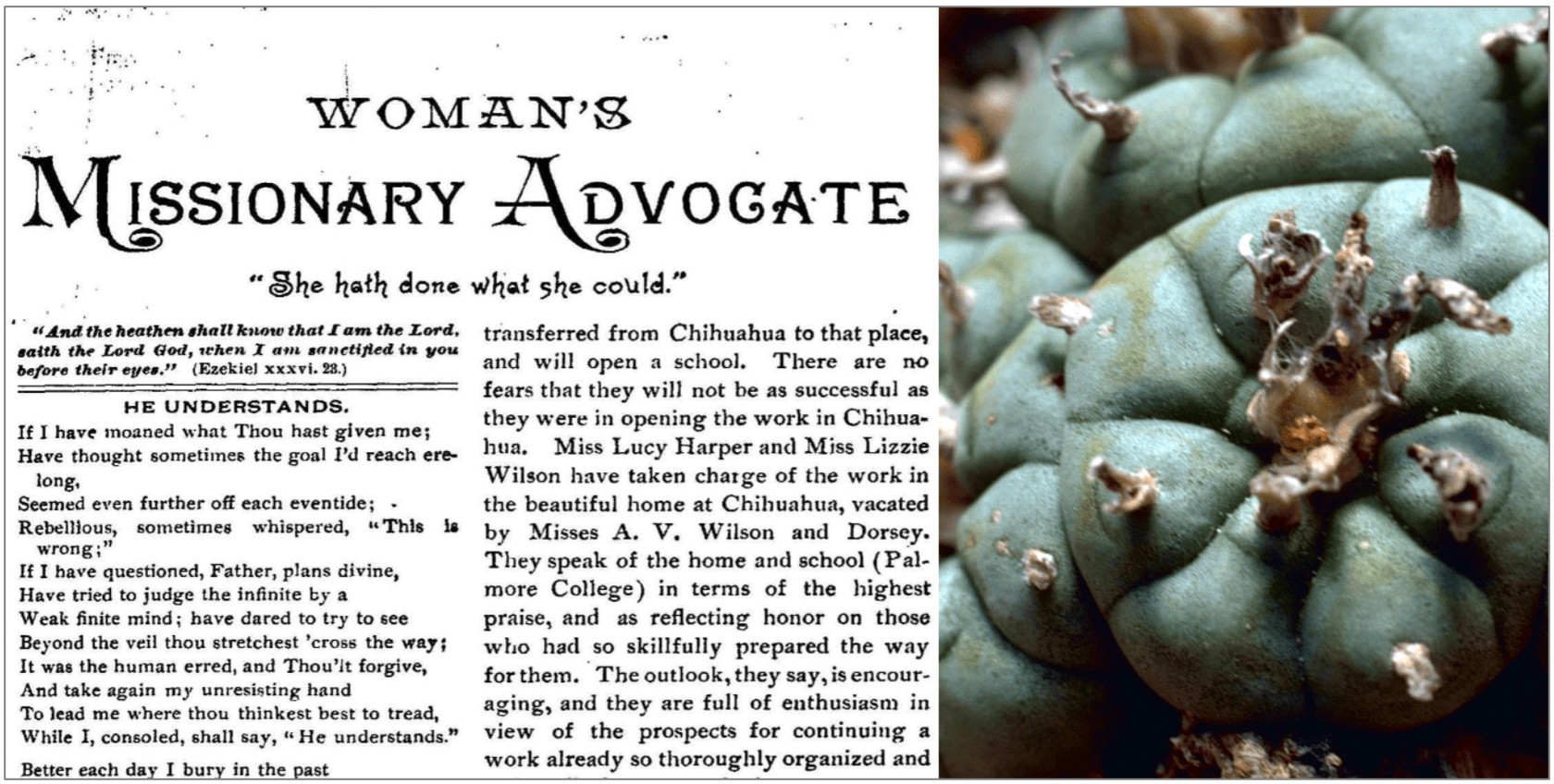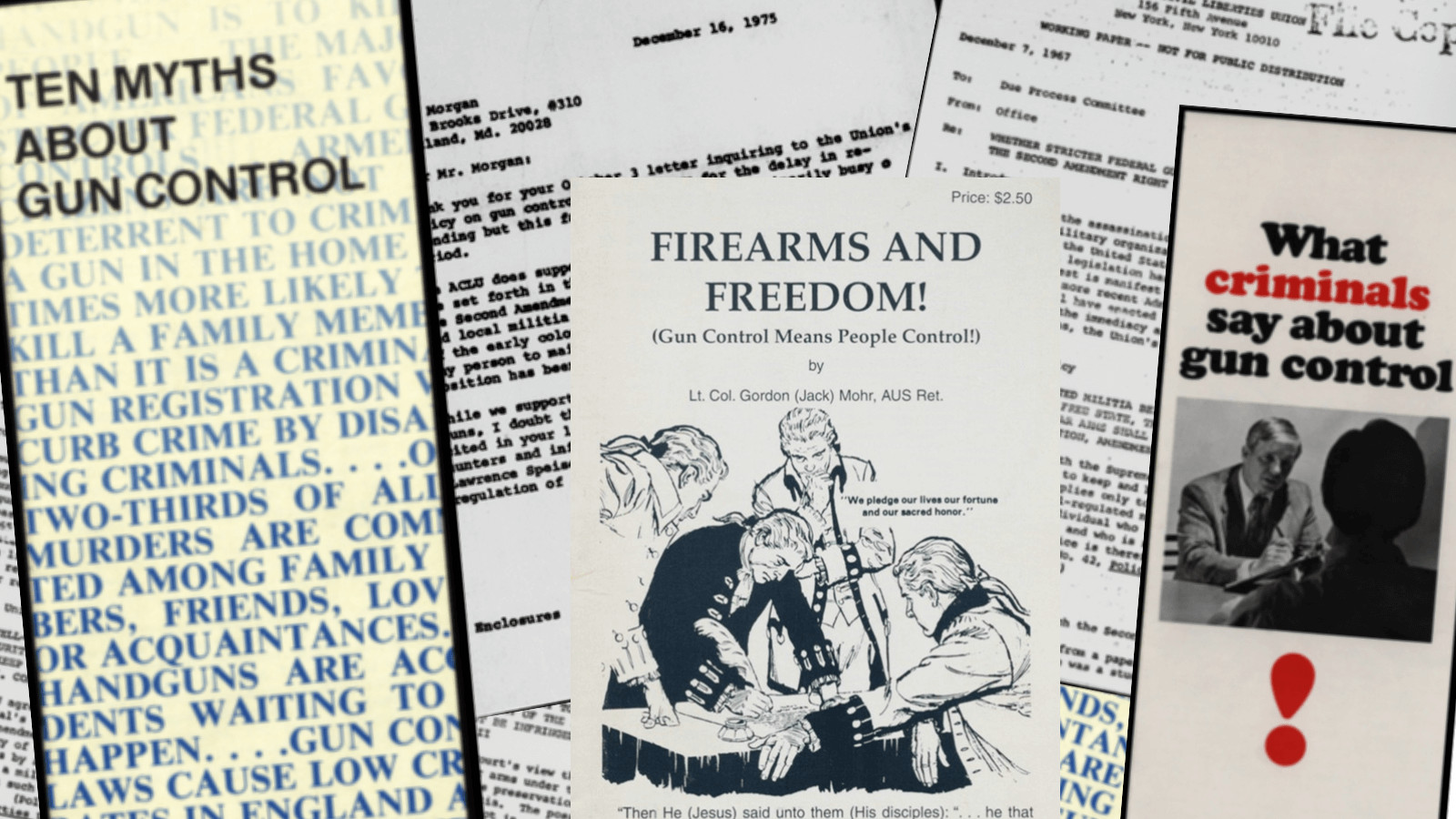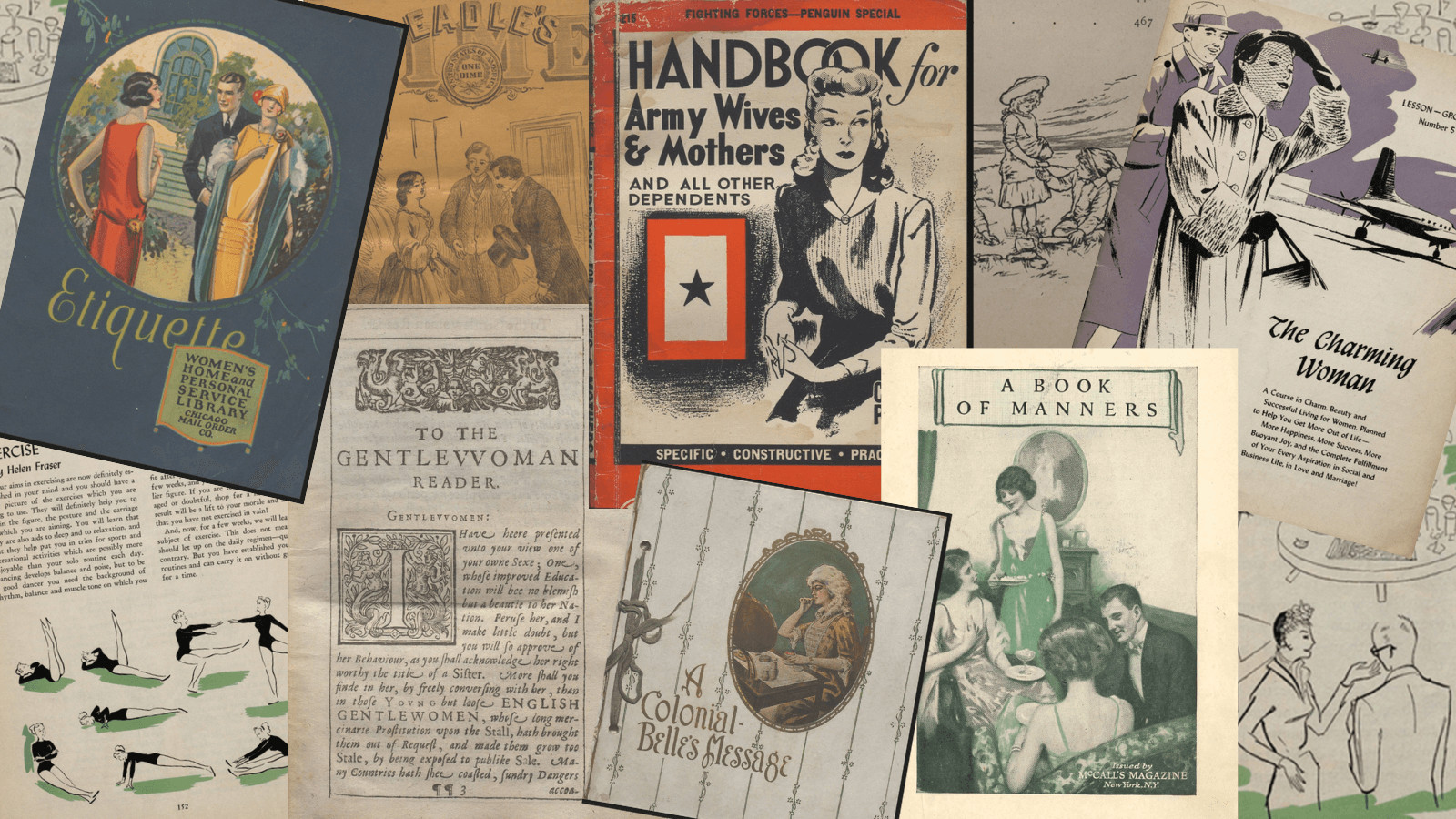│By Philip Virta, Senior Acquisitions Editor│
What is the American Antiquarian Society and Where Did it All Begin?
Isaiah Thomas (not the basketball player) was a printer, publisher, and a patriot. He fought as a Minuteman at the battles of Lexington and Concord, and published the Massachusetts Spy in support of the American Revolution. Thomas appreciated information in all its printed formats (this was the early 1800’s, so no television, radio, internet, cell phones, etc.) and began to save what he could get his hands on. Eventually, in 1812, he founded the American Antiquarian Society to house his growing collection.




